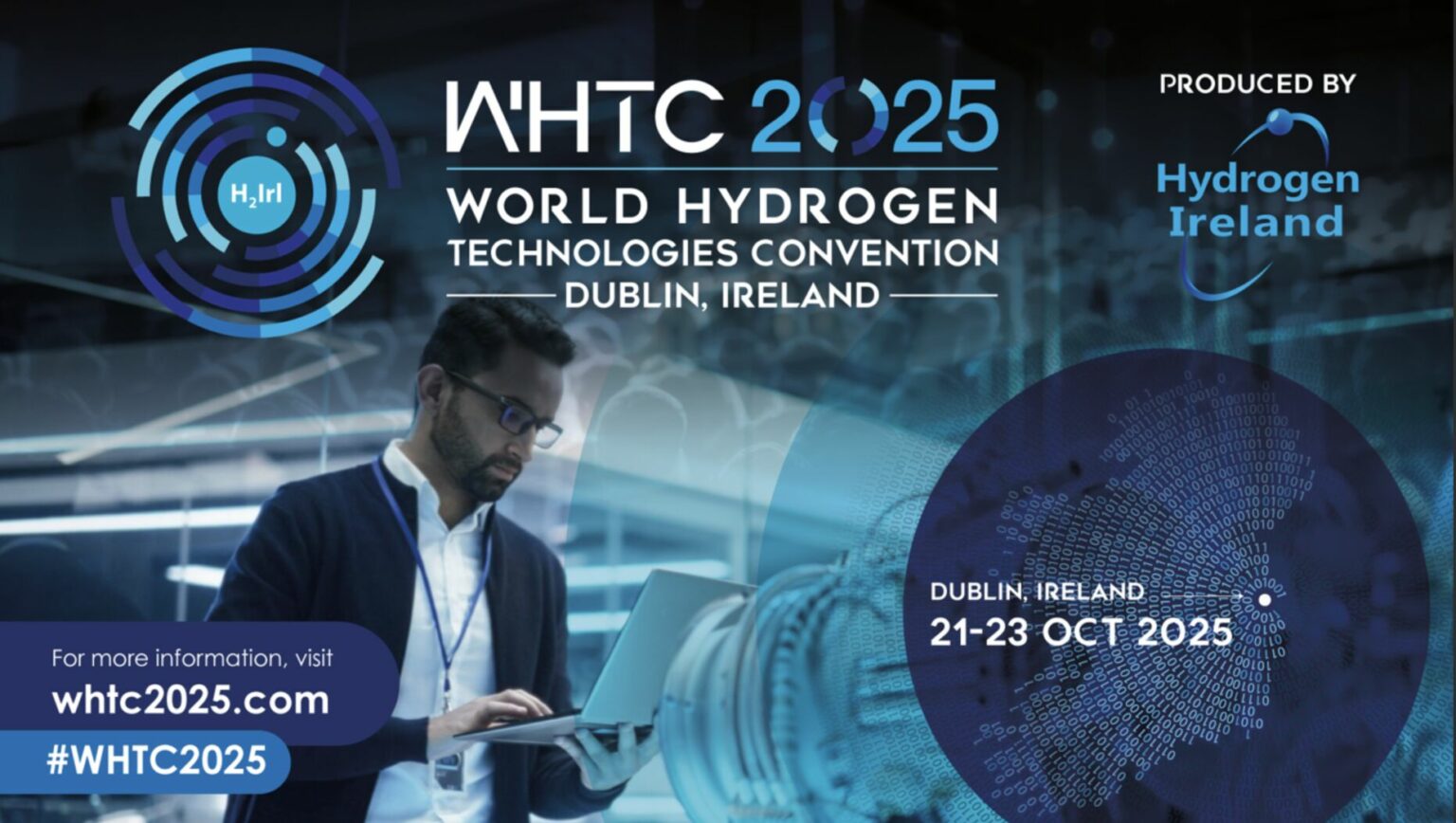The hydrogen economy has been gaining significant attention in recent years, with many experts and industry leaders touting it as a game-changer in the transition to a low-carbon economy with many others questioning its value and criticizing the hydrogen industry for overpromising and underdelivering on its potential; citing some projects for failing to meet expectations. However, the question remains: is hydrogen a hype, a hope, or a slow burner?
Introduction
Hydrogen is the topic of the day. The much heralded global ‘Hydrogen Revolution’
has prompted many politicians from across the world to follow the hydrogen
bandwagon and to follow suit without questioning the promises of the hydrogen
enthusiasts. The hydrogen economy has indeed garnered significant attention in
recent years, with proponents advocating for its potential to play a crucial role in the
transition to a low-carbon economy. However, critics continue to raise concerns
about the industry’s ability to deliver on its promises, citing instances of projects
failing to meet expectations. To provide a balanced assessment, it is essential to
examine the current state of the hydrogen industry, its challenges, and its potential.
On the one hand, hydrogen has several advantages that make it an attractive
alternative to traditional fossil fuels. It is a clean-burning fuel that produces only
water and heat as byproducts, making it an ideal solution for reducing greenhouse
gas emissions. Additionally, hydrogen can be produced from renewable energy
sources, such as solar or wind power, which can help to decarbonize the energy
sector. Furthermore, hydrogen can be used as a fuel for transportation, power
generation, and industrial processes, making it a versatile energy carrier.
On the other hand, there are several challenges that the hydrogen industry needs to
overcome before it can realize its full potential. One of the primary concerns is the
high cost of producing, storing, and transporting hydrogen. Currently, the majority of
hydrogen is produced from fossil fuels, which undermines its environmental benefits.
Moreover, the infrastructure for hydrogen production, storage, and transportation is
still in its infancy, which limits its widespread adoption. Continue reading below…
